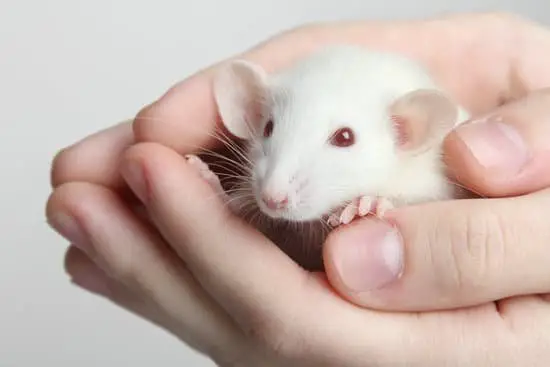How Bad Is Rat Urine?
You may be wondering, “How bad is rat urine?” After all, rodents leave a strong musky smell when they excrete. This musky smell is caused by the combination of urea and water in rodent urine, which degrades to form ammonia. This ammonia then creates a foul odor. It also contains calcium, which crystallizes into a chalk-like residue.
Rat urine has many health risks. For example, exposure to rat urine can cause leptospirosis, a bacterial infection that can cause liver and kidney failure. In severe cases, leptospirosis can even be fatal. Furthermore, rat urine can transmit diseases like typhus and Hantavirus Pulmonary Syndrome. Another health hazard caused by rat urine is the possibility of contracting Salmonella, a bacterium that causes diarrhea and vomiting. In rare cases, it can lead to more serious health conditions, like liver failure and heart failure.
In order to avoid the spread of rat diseases, you must properly disinfect the area where the rodents are living. You should remove the droppings and urine. Afterwards, disinfect the area with a 10% bleach solution. You can also use a commercial disinfectant, but make sure to follow the instructions of the manufacturer. After disinfecting the area, always remember to wash your hands thoroughly with soap and water.
You can also get Weil’s disease by handling infected rats or drinking their urine. This disease is very rare in developed countries, but it can spread through contaminated water and food. If you have gotten infected, treatment for this bacterium is possible, but the risks remain high. You can also get Leptospirosis, a bacterial infection that can cause serious health problems. It is caused by the Leptospira bacteria. This disease is spread by contact with the urine of infected rodents and cattle. This infection can be fatal if not treated.








